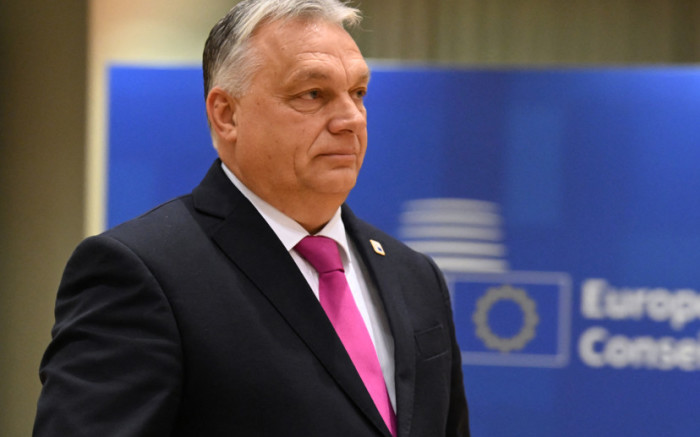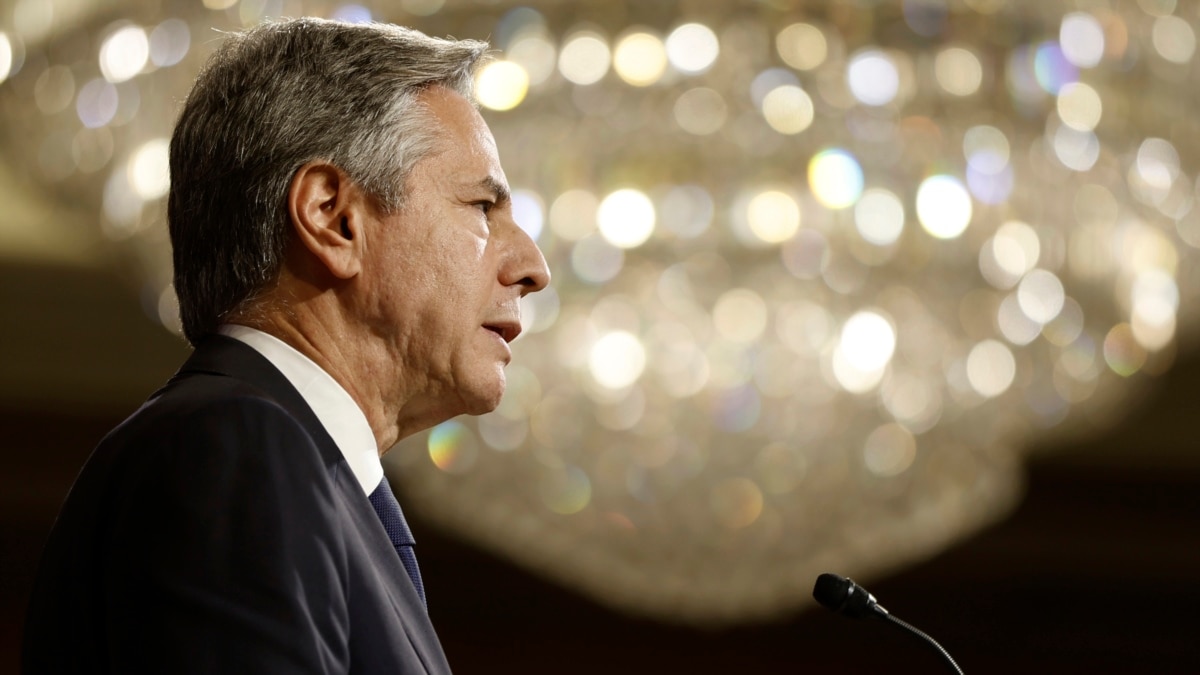
Hungarian Prime Minister Viktor Orban vetoed the European Union’s allocation of 50 billion euros ($54 billion) over four years to Ukraine as the country battles Russia’s invading army.
Hungary’s Prime Minister Viktor Orban arrives for a round table meeting of the European Council at the European headquarters in Brussels on December 14, 2023. Image: AFP.
BRUSSELS, BELGIUM (AP) — Russia congratulated Hungary on Friday for blocking EU financial aid to Ukraine at a Brussels summit where EU leaders nevertheless overcame Budapest’s resistance to starting accession negotiations with Kiev.
“Unlike many European countries, Hungary resolutely represents its interests, and that impresses us,” said Kremlin spokesman Dmitry Peskov in Moscow.
Hungarian Prime Minister Viktor Orban vetoed the European Union’s allocation of 50 billion euros ($54 billion) over four years to Ukraine as the country battles Russia’s invading army.
However, as EU leaders discussed starting accession talks with Ukraine and Moldova on Thursday, Orban agreed to leave the room so his colleagues could approve the plan by consensus and not face a Hungarian veto.
Moscow criticized the move.
“This is absolutely a politicized decision – the EU’s desire to support these countries in this way. But certainly such new members can actually destabilize the EU,” Peskov said.
Peskov said Brussels was eager to play off Eastern European countries against Moscow.
“Everything is being done to antagonize Russia and antagonize these countries against Russia,” he said.
Hungary under Orban is Russia’s best friend in the EU, and Moscow sees the country as one of its only allies within the bloc.
In an interview with Hungarian state radio, Orban linked the planned EU funds for Ukraine to tens of billions of euros that Brussels has frozen for Hungary because of democratic backsliding and corruption concerns.
“This is a great opportunity for Hungary to make it clear that it should get what it deserves,” Orban said. “We want to be treated fairly, and now there’s a good chance we can make that happen.”
Workarounds
Given Orban’s intransigence, other EU leaders agreed to discuss the matter again at another summit early next year.
Irish Prime Minister Leo Varadkar said the stalled discussion was “disappointing” but “there are workarounds” if Hungary interferes further.
The other 26 countries could increase aid to Ukraine on a bilateral basis anyway, he said, although they would prefer it to be an EU package.
“We have to work on it over the Christmas holidays and come back here sometime in January,” Varadkar said as he arrived for the second day of the summit.
Lithuanian President Gitanas Nauseda said: “I see an opportunity for an agreement. Yes, it will take some time, perhaps several weeks.”
Kiev is urgently trying to change the narrative that support from its Western allies is waning as doubts arise about support from the United States.
Ukrainian President Volodymyr Zelensky, who did not attend the high-profile summit, called the decision on accession talks “a victory that motivates, inspires and strengthens.”
The White House – which faces opposition from US Republicans for supporting Ukraine – hailed the “historic decision”.
EU UNIT AUDITED
The agreement to start accession negotiations with Kiev does not mean that Ukraine will join the EU in the foreseeable future.
Before talks can begin, EU states must agree on a negotiating framework – giving Orban plenty of opportunity to stall the process again.
In a last-minute concession to coax Hungary, the European Commission agreed on Wednesday to release the frozen 10 billion euros in cash for Budapest. Another 21 billion euros remain beyond Orban’s reach.
Orban’s absence from the accession negotiations raised alarm bells among some EU heads of state and government. They feared that such tactics could be repeated in the future, creating sensitive discussions and weakening the bloc’s unity.
“I think a negative precedent is being set,” said Cypriot President Nikos Christodoulides.
That unity was set to be further tested on Friday, with leaders seeking to overcome divisions to formulate a common position on Israel’s offensive in Gaza to destroy Hamas.
EU countries are divided between those who support calls for a ceasefire in Gaza – backed by the overwhelming majority of the UN General Assembly – and those who support the stance of Israel and the United States that a ceasefire will cut Israel’s hands in its attempts at destruction would bind Hamas.
“You can go after terrorists without engaging in the kind of war and destruction that Israel is currently waging in Gaza,” argued Irishman Varadkar.
“I am not sure whether we can reach an agreement on the use of the word ceasefire, but I think we will see the European Union’s position evolve significantly,” was the wording at its last summit in October, as They supported Israeli actions within the EU within the limits of international humanitarian law, he said.






Recent Comments